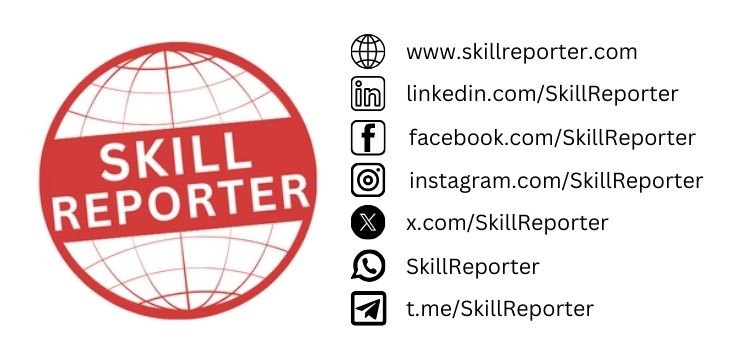Canberra : Australia’s peak business body has warned the country faces a crippling skills shortage unless vocational education receives more funding.
The Business Council of Australia (BCA) said almost 1 million jobs will be created in Australia over the next five years but there will not be enough skilled workers to fill them.
A rapidly ageing population, construction of major infrastructure and people’s preference for eating out will drive many of the new jobs.
The Federal Department of Employment predicted almost half of those jobs created will require a vocational qualification.
Business Council chief executive Jennifer Westacott said Thursday night funding cuts have left the vocational education and training (VET) system powerless to respond to the challenge.
“We will have to spend billions to put it back together,” she told the Australian Broadcasting Corporation (ABC).
“We’ll have another skills shortage then we’ll have another debate about bringing in foreign workers, or we will just lose new businesses and new activities to other countries where they have a more trained and skilled workforce,” she said.
Professor Peter Noonan, from the Mitchell Institute at Victoria University, is also concerned about the state of VET.
“Between 2014 and 2015, state governments took (750 million U.S. dollars) out of vocational education and training,” he said.
Not having access to the university loan scheme is a big disadvantage for VET students, he said.
“Enrolments are going down but fees for students are going up, and in some cases, students are paying thousands of dollars up front and they can’t get an income-contingent loan like they can if they’re going to university.”
The BCA, an industry association that comprises the chief executives of more than 100 of Australia’s biggest corporations, is calling for vocational education to be placed in a single tertiary system.
Westacott suggested each student to be given a lifelong skills account, with subsidies and loans to spend wherever they choose, enabling them to “assemble a qualification.”
“As people need a module of something they don’t need to go into a whole undergraduate or postgraduate degree,” she explained, “they can go and get that from a vocational provider, a TAFE or a private provider or a university.”
Note: News shared for public awareness with reference from the information provided at online news portals.



